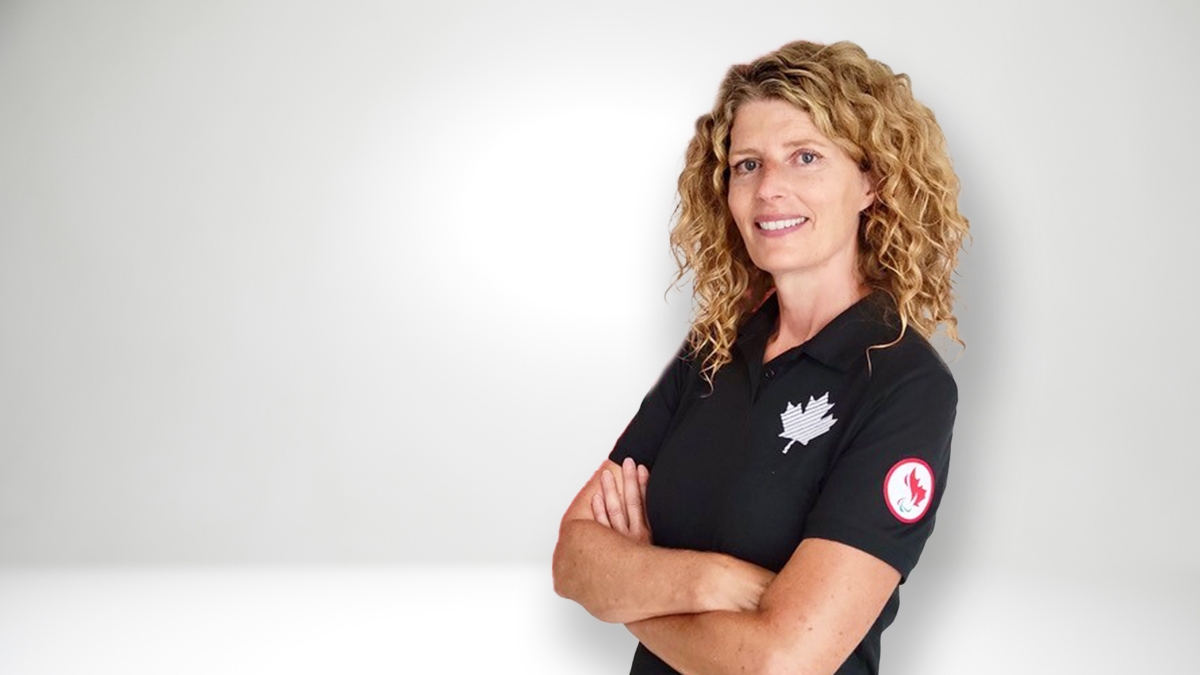Mental Health support about Listening to Create Safer Spaces
26 de Enero de 2023 a las 10:22
 Foto courtesy of Canadian Paralympic Committee
Foto courtesy of Canadian Paralympic Committee
Article courtesy of Canadian Paralympic Committee
CPC mental health lead providing support to NSOs with Para focus
TORONTO. - When it comes to improving mental health conversations in the Paralympic sport world, it starts with listening.
“Our focus is on encouraging safe spaces so that people can talk, and we can do more of the hearing and the understanding,” said Susan Cockle, the Canadian Paralympic Committee’s mental health lead. “And from that, how do we build out action to create mental health safe spaces.
“How do we create more human connection because that is a protective factor around mental health, and how do we also create action steps when people need more support.”
Cockle, a registered psychologist, has been working with CPC since prior to the Tokyo 2020 Paralympic Games and will continue through Paris 2024. Her current support marks the first time CPC has had a mental health practitioner under contract during non-Games time.
Her scope includes providing guidance and consulting with NSOs in developing their own mental health plans and strategies and acting as a go-to person from a Para perspective as an added layer of support. She works in partnership regularly with mental health leads at other organizations in the Canadian sport system to create a collaborative and supportive approach.
With Bell Let’s Talk Day on January 25 bringing mental health conversations to the forefront, Cockle encourages athletes to make use of the resources currently available at Game Plan, with more on the way. Athletes also have funding available every fiscal year and can access it at any time by emailing mentalhealth@mygameplan.ca.
She highlights specifically the Individual Mental Health Action Plan as a valuable tool.
An important consideration in her work is to ensure the Para athlete experience is leading the way when developing strategies. While she says more research is needed in this space regarding mental health, there are a few additional risk factors to keep in mind.
One that is very unique to Para sport is classification.
“What does the mental health ramifications around classification look like for people,” she said. “And often it may be coming at a major championship or a major tournament; what does that mean for the individual who has been impacted. We have to be able to make sure we are aware of that and the mental health ramifications and provide support in the moment if we have a mental health crisis.”
Other mental health aspects to consider through a Para viewpoint is accessibility.
“Not all of our sport spaces are fully accessible and that’s not okay. Having that lens and being aware of what burden psychologically and emotionally that places on people, and to be aware of what that lived experience is like is important,” said Cockle. “And so, it’s having a greater ear in listening for those barriers, looking at those barriers, having more of a heightened sensitivity and awareness so we can be proactive at looking through that lens of how we can do this differently.”
And finally, trauma is another major risk factor. Cockle is excited to be working on developing more trauma-informed resources that will make a huge difference in being able to better serve individuals in the mental health space.
Looking ahead to the Santiago 2023 Parapan Am Games and Paris 2024 Paralympic Games, more work is set to be done on mental health screening to improve the information available to best support people on the ground and ensure people feel safe coming forward if they need help.
“And on an even more human connective level, I would like to see more initiatives around the wellness piece,” Cockle added about the upcoming Games. “So mental health but also some prevention around wellness, so we’re creating a culture of mental health literacy and normalizing the mental health conversation even more and moving it into prevention and wellness for everyone.”
And in all aspects, it ultimately comes down to listening to develop the best possible mental health strategies for athletes, coaches, and staff.
“We can’t do all the talking; we need to make sure we’re doing listening as well and then taking action.”











Comentarios
escribenos